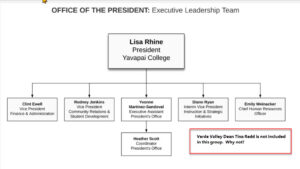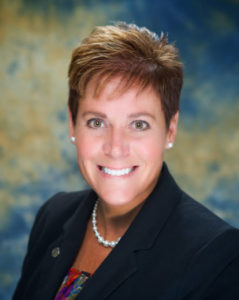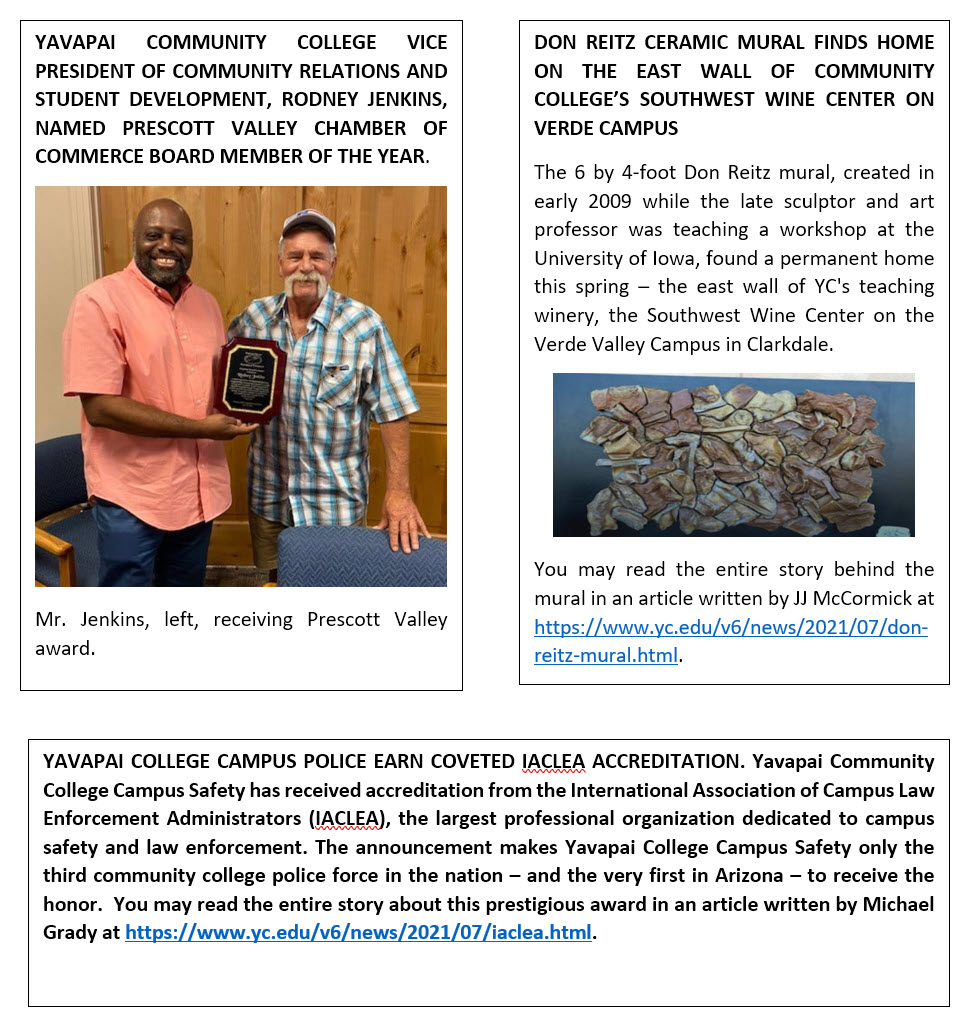Meeting at Sedona Council Chambers 102 Roadrunner Drive Sedona to begin at 4:30 p.m.

Dean Tina Redd
Yavapai Community College Verde Valley Dean Dr. Tina Redd will address the Sedona City Council on Tuesday, January 25 at 4:30 p.m. She intends to update the Council on activities and plans for the Verde Valley campuses and local programming.
The Sedona City Council chambers are located at 102 Roadrunner Drive Sedona, AZ 86336. The meeting is also carried live webcast. Please check the Sedona City website to view the live webcast.
 Yavapai Community College is urging Yavapai County residents to take the Campus Master Plan Survey that is posted on the Community College website. The survey will be used, it is thought, in preparing a capital development plan for the next ten years.
Yavapai Community College is urging Yavapai County residents to take the Campus Master Plan Survey that is posted on the Community College website. The survey will be used, it is thought, in preparing a capital development plan for the next ten years.
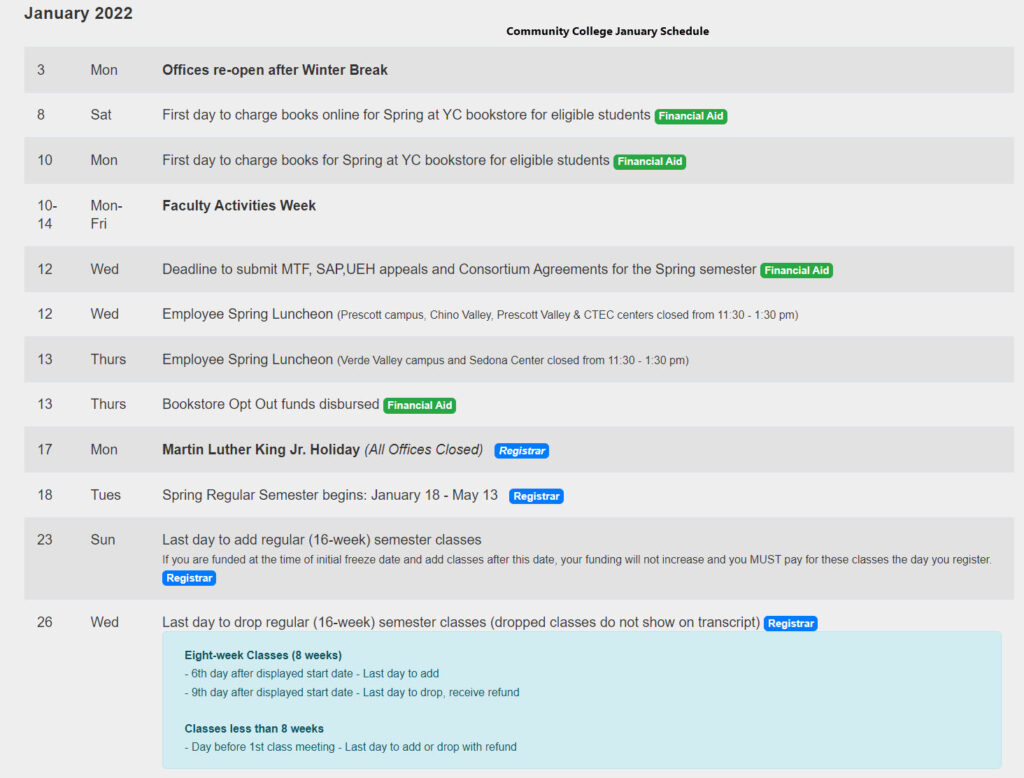
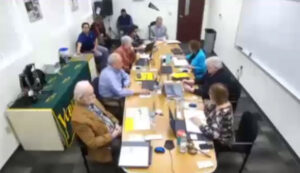
 Yavapai Community College has been named a finalist for the prestigious National Bellwether award. The award focuses on cutting-edge, trendsetting programs worthy of replication. The Community College made the announcement in a press release authored by Tyler Rumsey on November 9.
Yavapai Community College has been named a finalist for the prestigious National Bellwether award. The award focuses on cutting-edge, trendsetting programs worthy of replication. The Community College made the announcement in a press release authored by Tyler Rumsey on November 9. 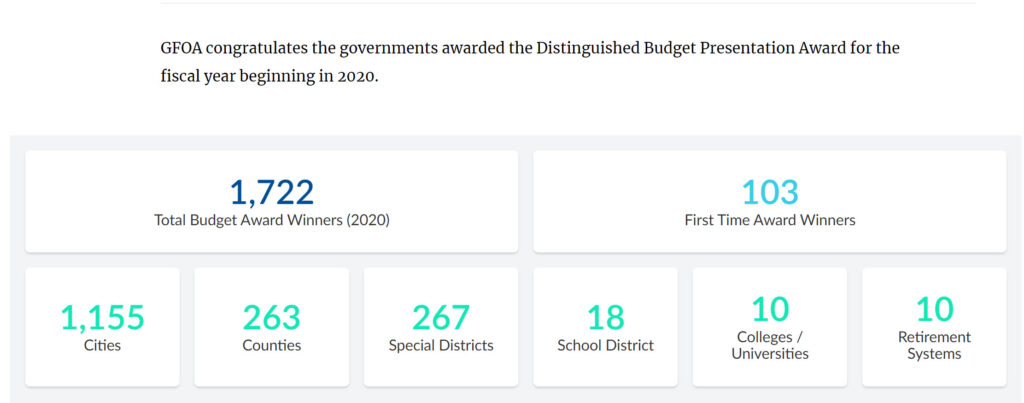
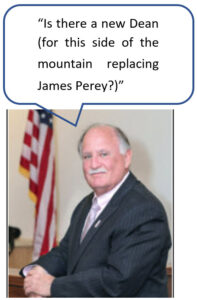
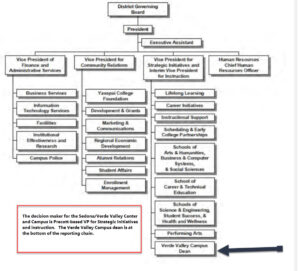 There are unspoken and spoken questions about what appears to be iron-fisted informational control by the Prescott officials. For example, during the Community College’s presentation before the Sedona City Council on September 28, 2021, the Vice Mayor asked if someone had replaced former East side Verde Campus Dean James Perey. He was well-known to the Council and regularly made reports to it and the Governing Board. Dr. Rhine explained that Dr. Redd was the new Dean and had been since the beginning of the pandemic (see video below).
There are unspoken and spoken questions about what appears to be iron-fisted informational control by the Prescott officials. For example, during the Community College’s presentation before the Sedona City Council on September 28, 2021, the Vice Mayor asked if someone had replaced former East side Verde Campus Dean James Perey. He was well-known to the Council and regularly made reports to it and the Governing Board. Dr. Rhine explained that Dr. Redd was the new Dean and had been since the beginning of the pandemic (see video below).